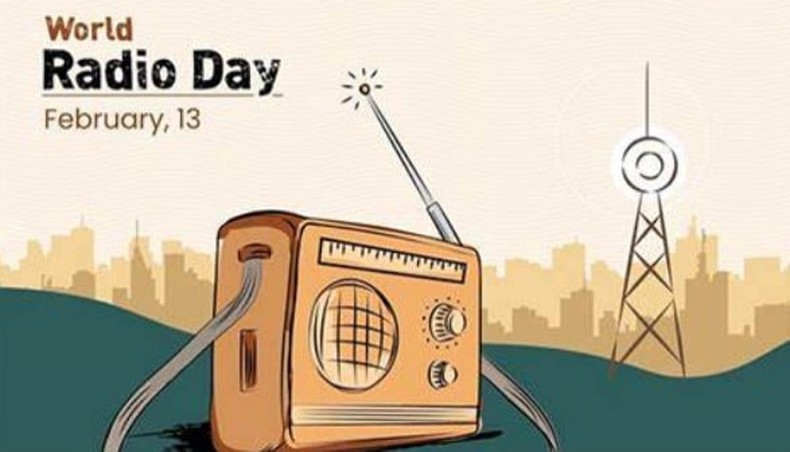- February 13, 2025
- Posted by: Precious David
- Category: Blog

World Radio Day: Amplifying Voices for Climate Action
Every year on February 13th, the world comes together to celebrate the power of radio on World Radio Day. As one of the oldest and most accessible forms of mass communication, radio continues to play a vital role in shaping societies, bridging information gaps, and fostering dialogue on crucial issues—including climate change.
As we commemorate World Radio Day, it’s important to recognize and support radio’s role in addressing climate change. Governments, organizations, and individuals must invest in community radio stations, climate-focused programs, and training for journalists to enhance accurate and impactful reporting. Radio has the power to inform, inspire, and ignite action. In a world grappling with the effects of climate change, it remains an indispensable ally in the pursuit of a sustainable and resilient future.
In the fight against climate change, information is key. Radio serves as an essential tool in raising awareness, educating communities, and inspiring action towards sustainable practices.
How has radio contributed to mitigating climate change?
Spreading Climate Awareness: Radio reaches remote and underserved communities where access to digital media is limited. By broadcasting climate-related programs, it educates the public on environmental challenges, such as deforestation, rising sea levels, Methane abatement and extreme weather conditions, fostering a sense of urgency and responsibility.
Providing Early Warnings and Disaster Preparedness: Extreme weather events are becoming more frequent due to climate change. Radio stations serve as lifelines during emergencies by providing real-time alerts on hurricanes, floods, and wildfires. This allows individuals to take necessary precautions, ultimately saving lives and reducing economic losses.
Encouraging Sustainable Practices: Through engaging discussions, expert interviews, and storytelling, radio programs promote sustainable agricultural practices, waste management, renewable energy adoption, and conservation efforts. By making climate solutions relatable, radio motivates listeners to adopt environmentally friendly behaviors in their daily lives.
Amplifying Marginalized Voices: Climate change disproportionately affects vulnerable populations, including indigenous groups and rural farmers. Radio provides a platform for these communities to share their experiences, advocate for climate justice, and participate in policy discussions that shape their futures.
Influencing Policy and Advocacy: Journalists and climate experts use radio as a medium to scrutinize policies, hold leaders accountable, and push for climate action. Investigative reporting and expert analysis on environmental issues help drive political and social change.
Happy World Radio Day!
#WorldRadioDay #ClimateAction #RadioForChange #SustainableFuture #ClimateAwareness #DisasterPreparedness #EcoFriendlyLiving #GreenMedia #EnvironmentalJustice #SaveOurPlanet #ClimateJustice #AmplifyVoices #SustainableDevelopment #RadioPower #ClimateMitigation #iAmPDAVE #MultimediaDesignStrategist #BroadcastJournalist
